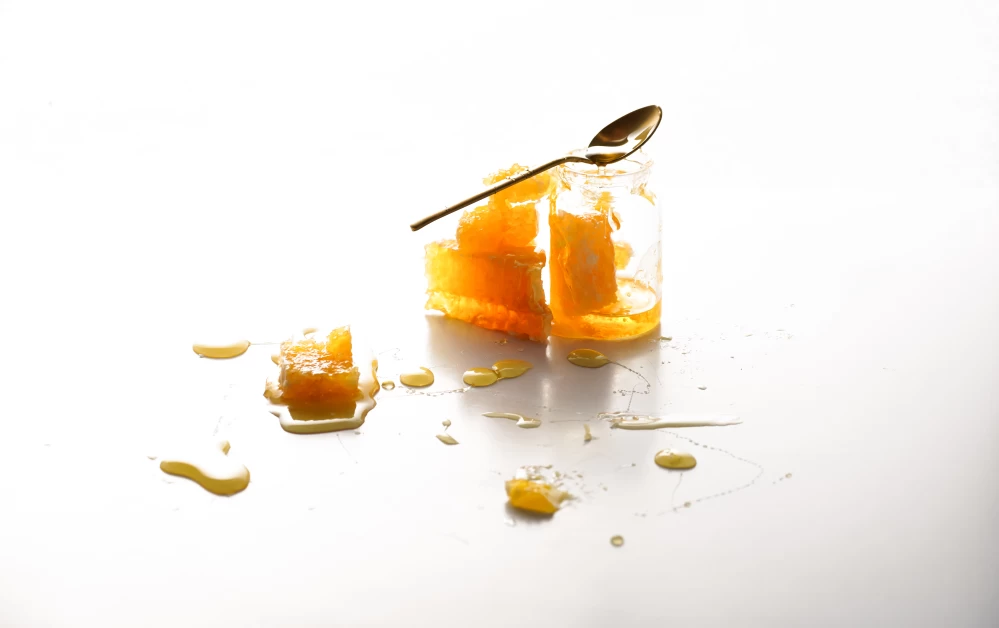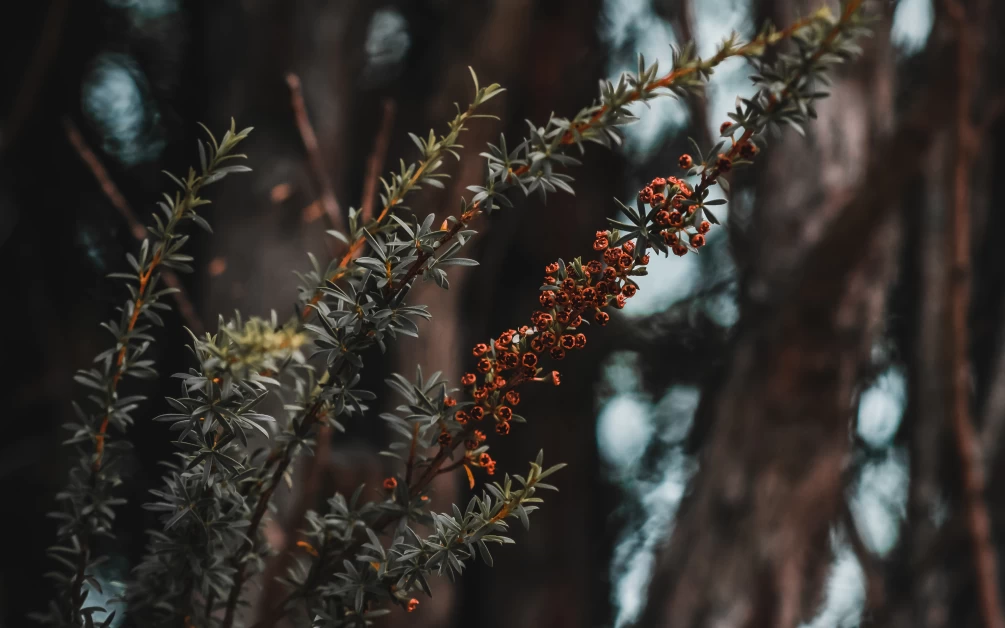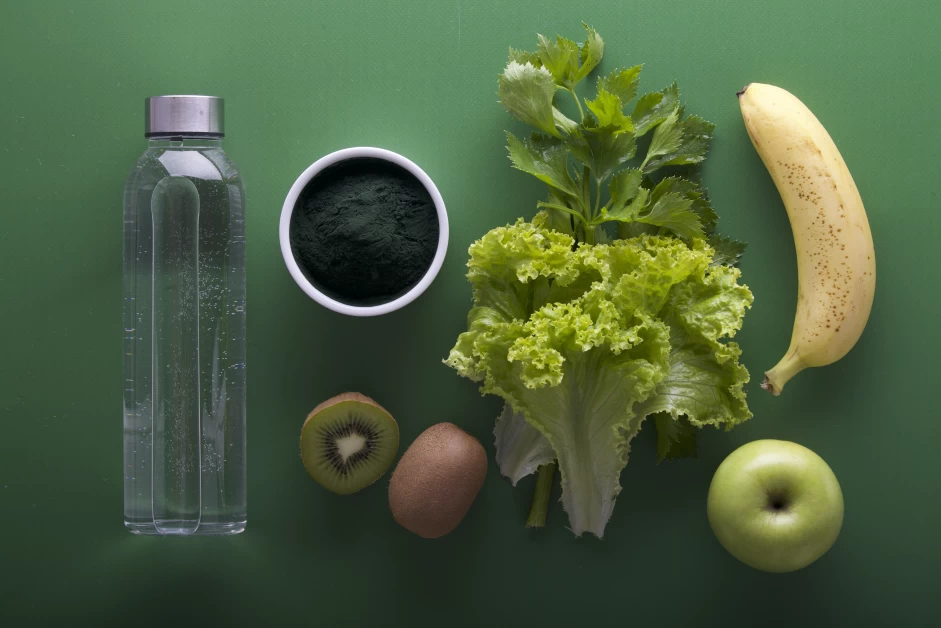Table of Contents
Bee stings can be painful and cause swelling and itching, but in most cases, they are not serious. However, if you have an allergy to bee stings, it is important to seek medical help immediately. For mild symptoms, there are several natural remedies that can help alleviate the discomfort. One of the most effective and versatile remedies is manuka honey, which has anti-inflammatory properties. In this article, we will explore the power of manuka honey as an anti-inflammatory and discuss other natural remedies for bee stings.
How to Remove the Bee Stinger
Before we delve into the natural remedies, it is important to remove the bee stinger. The stinger can continue to deliver venom for several minutes after the sting, so it is crucial to remove it as soon as possible. You can use a credit card or the blunt edge of a knife to scrape out the stinger. Afterward, wash the area well with soap and water.
Natural Remedies for Bee Stings
- Baking Soda and Water
A paste made of baking soda and water can help draw out venom, calm inflammation, and ease pain. Start with a tablespoon of baking soda and slowly add cool water until the mixture forms a thick paste. Apply a thick layer of the paste to the sting site, let it sit for several minutes, and then rinse it off. Reapply as needed to help with pain and swelling.
- Ice or a Cold Compress
Applying ice or a cold compress to the affected area can help reduce pain and swelling. Keep a cloth between the ice or compress and your skin to avoid freezing the skin. Apply the ice for about 20 minutes at a time and reapply once every hour as needed to ease symptoms.
- Meat Tenderizer
Meat tenderizer contains an enzyme called papain, which is believed to break down the protein that causes pain and itching. Mix one part meat tenderizer with four parts water to make a solution. Apply it to the bite for 30 minutes.
- Aloe Vera Gel
Aloe vera gel helps promote faster healing of minor cuts and scrapes and can also relieve itching. Spread a little bit of the gel on the affected area and reapply as needed to ease swelling and itching.
- Apple Cider Vinegar
Apple cider vinegar can help relieve itching and neutralize bee venom. Mix apple cider vinegar with water in a 50/50 ratio and soak a cloth in the solution. Apply it to the affected area for several minutes or until symptoms start to ease up.
- Toothpaste
Dabbing a little bit of toothpaste on the affected area may help neutralize venom. Spread a layer of toothpaste on the bite and leave it there until the pain and swelling start to subside. Reapply as needed.
- Manuka Honey
Manuka honey has antimicrobial, anti-inflammatory, and wound-healing properties, making it a great natural remedy for bee stings. Apply a small amount of honey to the affected area to relieve itching and promote healing.
- Apis Mellifica
Apis Mellifica is a homeopathic remedy made from honeybees. It is known to help with stinging, redness, and swelling. Follow the directions on the packaging and consult a healthcare professional if you have any concerns.
- Certain Herbs
Herbs such as plantain leaves, calendula flowers, lemon balm, and arrowroot have soothing effects and can be used as a poultice. Wet the herb with apple cider vinegar and apply it to the area, then cover with a gauze or light towel for about 30 minutes.
- Over-the-Counter Medication
If natural remedies do not provide relief, over-the-counter medication can be used to treat bee stings. Ibuprofen can reduce inflammation, diphenhydramine can reduce swelling and hives, and hydrocortisone 1% cream can be applied to the sting to reduce swelling and itch. Follow the directions on the packaging and consult a healthcare professional if you have any concerns.
In conclusion, bee stings can be treated with natural remedies that help alleviate pain, swelling, and itching. Manuka honey, in particular, is a powerful anti-inflammatory agent that can provide relief and promote healing. By using these natural remedies, you can effectively manage the discomfort caused by bee stings.



